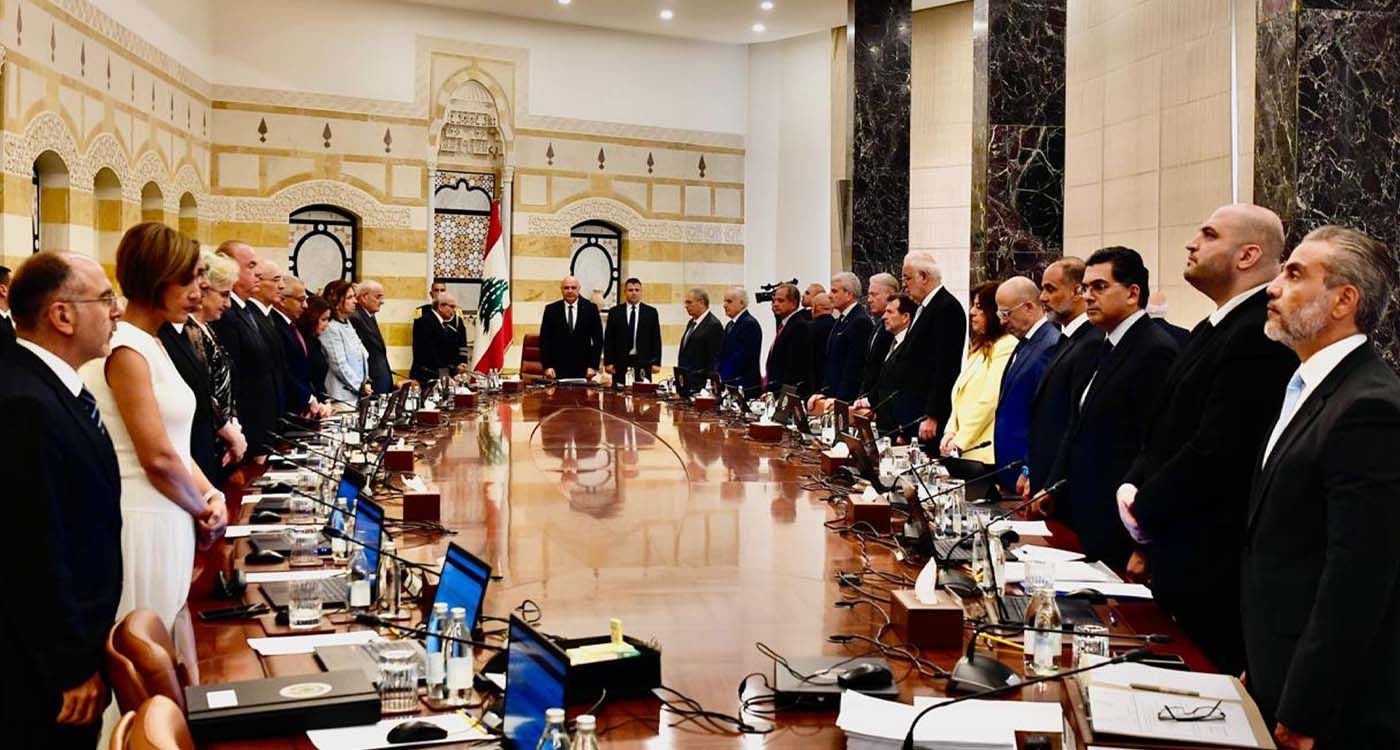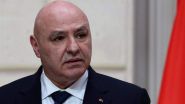
The Lebanese aren't happy with today's cabinet session, and this is why:
Today’s much-anticipated Lebanese cabinet session made headlines—but not for decisive action. While the army unveiled its plan to disarm Hezbollah and restore a state monopoly on arms, the meeting concluded without any clear implementation timeline, sparking frustrations across the political spectrum. Strikingly, Speaker Nabih Berri seemed unperturbed—even seemingly satisfied—by that very ambiguity.
Disarmament Plan Unveiled, But No Timeline
The Lebanese army’s blueprint to disarm Hezbollah and centralize weapons under state control was formally presented by Army Commander Gen. Rodolphe Haykal. Yet, no timeframe for its implementation was established. Instead, the army indicated it would proceed according to its “limited logistical, material, and personnel capabilities,” signaling slow progress that hinges on complex conditions, particularly Israel’s military actions.
Shiite Ministers Walked Out
As soon as the army chief stepped in, all five Shiite ministers—aligned with Hezbollah and the Amal movement—exited, supposedly in protest. Labor Minister Mohammad Haidar later asserted that any decisions made in their absence would be invalid, invoking Lebanon’s sectarian power-sharing traditions.
Berri’s Satisfaction: A Hard Blow to Momentum
Of particular note is that Parliament Speaker Nabih Berri appeared comfortable with the absence of a firm deadline—a stance that many critics saw as stalling reform. Berri has long argued that disarming Hezbollah requires “calm and consensual dialogue,” resisting any rigid timetables that might provoke sectarian tensions.
This cautious approach—and the lack of pressure for immediate action—signal a preference for preserving fragile political equilibriums rather than pushing for expedited reform.
A Win for Hezbollah and Naim Qassem
Perhaps no one stood to benefit more from today’s indecisive outcome than Hezbollah itself. By avoiding any firm deadlines or enforcement mechanisms, the cabinet essentially delivered the outcome Hezbollah was hoping for: a framework without teeth.
Militia's Secretary-General Naim Qassem is likely to view this as a strategic win. The absence of a disarmament timeline provides the militia more time to entrench its position militarily and politically, without the immediate threat of state enforcement.
Hezbollah has long argued that its weapons are necessary for defense and “resistance” against Israel, and any attempt to disarm it must come through consensus—a narrative that today’s outcome reinforces. The lack of confrontation or deadlines aligns perfectly with the militia's objectives.
In short, while the cabinet prided itself in projecting unity and progress, the end result solidifies Hezbollah’s status quo and delays any meaningful shift toward state sovereignty.
Why Many Viewed This as Disappointing
1. Missed Deadlines: Just last month, the cabinet tasked the army with developing a disarmament plan by the end of August. That deadline has now vanished.
2. Contingencies and Confidentiality: The plan’s progress is conditional on Israeli cooperation and is being kept confidential—raising doubt about transparency.
3. Sectarian Roadblocks: The walkout by Shiite ministers underscores persistent sectarian gridlock.
4. Weak Political Resolve: Berri’s comfort with stalling, combined with Hezbollah’s silence, speaks volumes about where real power still lies.
Looking Ahead
• Implementation Ambiguity: No one knows when the plan will be enacted—if at all.
• Political Divide Deepens: Hezbollah and its allies maintain the upper hand.
• Potential for Unrest: The army’s deployment across Beirut hints at concerns over backlash.
• International Pressure Builds: But without internal political will, external support may not be enough.
Bottom Line
Today’s cabinet session underscored what many in Lebanon already know: when it comes to state sovereignty versus Hezbollah’s power, paralysis still wins. With Nabih Berri comfortable, Shiite ministers walking out, and Naim Qassem likely smiling behind the scenes, the path to national sovereignty remains blocked—not by silence, but by design.



Comments